Special Education Identification: What We Learned from the Unlocking Potential Data Sprint
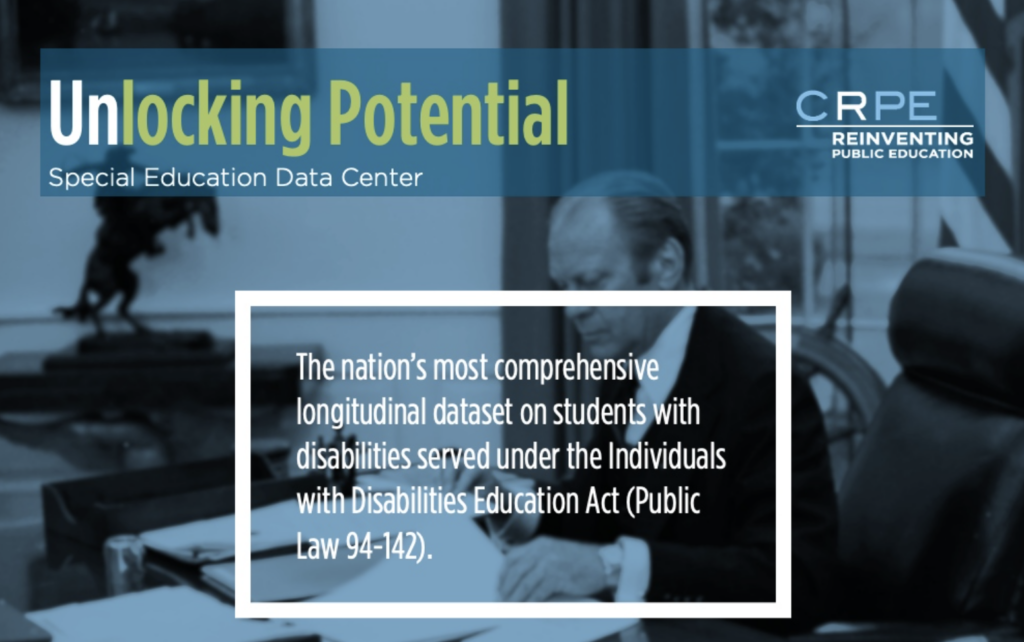
Fifty years ago, the Individuals with Disabilities Education Act (IDEA) promised to bridge the gap between what students with disabilities need and what the public education system was designed to provide. Today, that bridge is at risk of collapse as ever-larger shares of students are identified with disabilities, only to languish without access to the […]
Special Education Is Broken. Our New Database Can Help Spark Way to Fix It
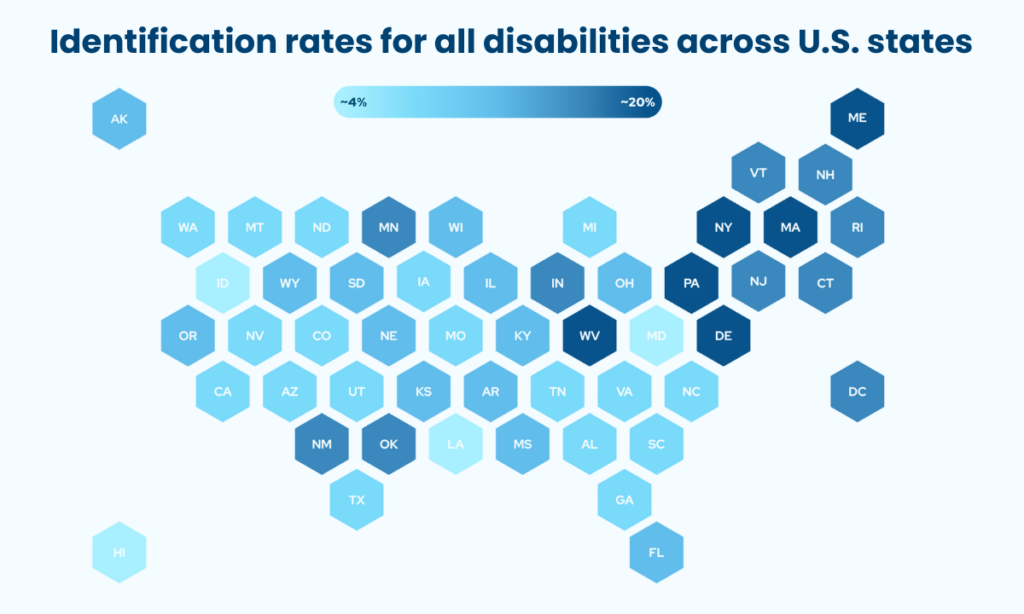
Advocates who have fought hard battles to preserve the right of children with disabilities to attend public schools have never faced a fight like this one. Last month’s cuts to the Office for Special Education Programs, which all but eliminated the agency charged with enforcing schools’ civil rights obligations, fly in the face of decades […]
The “Big Blur”: A Renewed Call to Merge High School, College, and Career
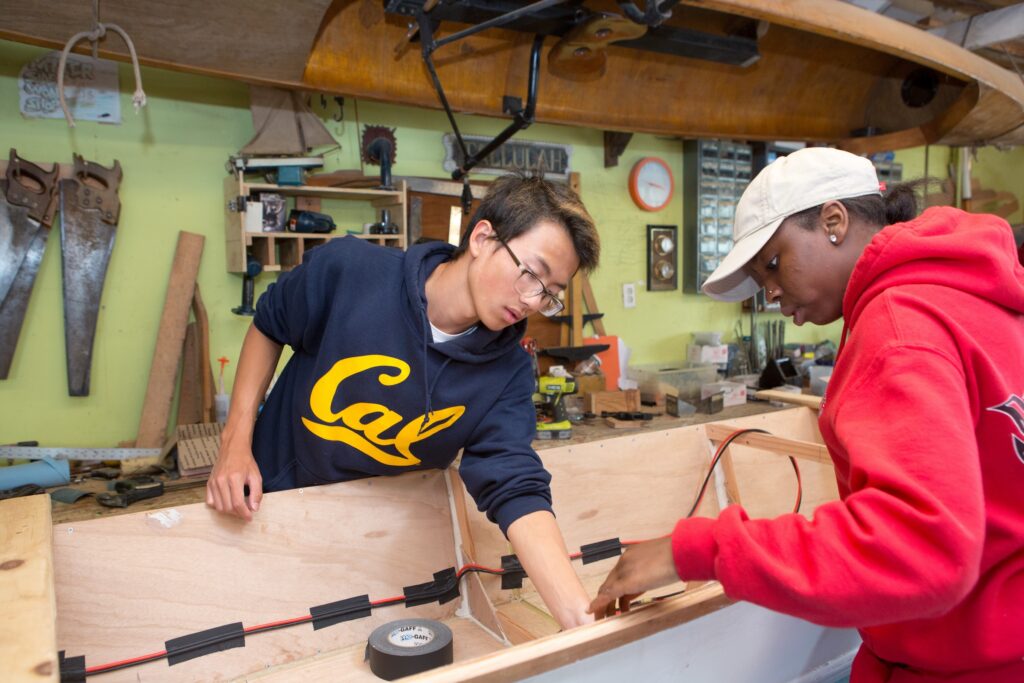
Imagine a world where every high school junior has walked a factory floor, sat in a boardroom, taken college courses, and earned credentials valued by employers before graduation. Even before they’re legal adults, these students will have cracked open the door to a career by blurring the lines between school and work. While this might […]
The Debate over AI in Education Is Stuck. Let’s Move It Forward in Responsible Ways That Truly Serve Students
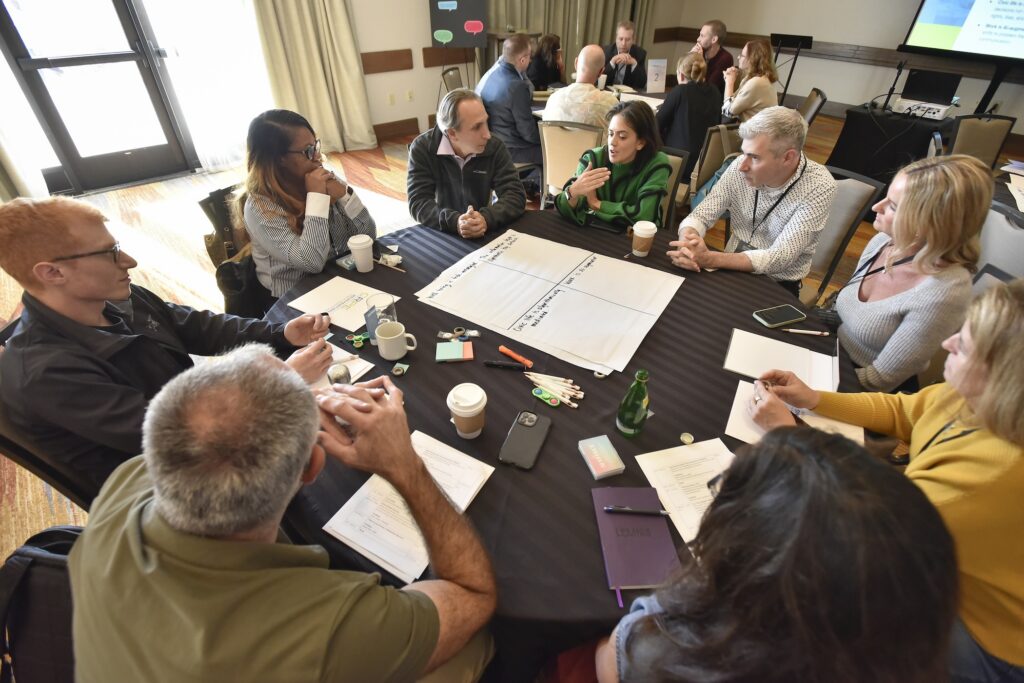
Artificial intelligence is already reshaping how we work, communicate, and create. In education, however, the conversation is stuck. Sensational headlines make it seem like AI will either save public education (“AI will magically give teachers back hours in their day!”) or destroy it completely (“Students only use AI to cheat!” “AI will replace teachers!”). These […]
Think Forward: Building a Coherent Approach to AI in Education
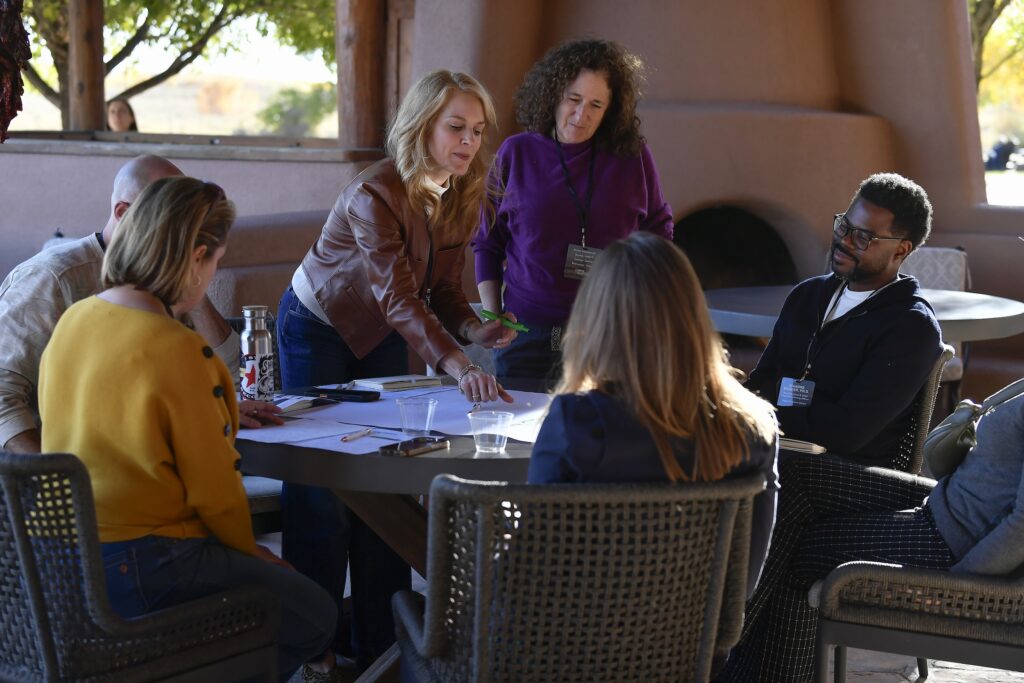
In November 2025, the Center on Reinventing Public Education (CRPE) convened a diverse group of policymakers, system leaders, educators, researchers, funders, and technology experts for the Think Forward: Learning with AI Forum in New Mexico. At a moment when rapid advances in artificial intelligence are colliding with longstanding inequities and structural challenges in K–12 education, […]
Smartphones and Absenteeism are Noisy Problems, but the Quiet Crisis in Math Is Instruction

Everyone needs foundational math skills. Numeracy predicts higher earnings, better health, and increased access to fast-growing jobs. Algebra is the gateway to advanced math and to many college and workforce programs. Yet America has a math problem—and it didn’t start with Covid. After two decades of gains, national math performance peaked around 2013 and has […]
2026: A Year for Leadership

The start of a new year is always a moment for reflection, but 2026 leaves little room for pause. This is not a year for incrementalism or hoping someone else will lead. It is a year that demands decisive action. In education, responsibility for student success has shifted: the federal government has abandoned many of […]
Reckoning with Reality: The Case for a New Union Strategy in K–12

Public school districts are facing an existential threat. Demographic shifts and school choice policies are exacerbating declining enrollment. A diminishing role for the federal Department of Education alongside broad economic uncertainty could further erode state and local revenues. These trends threaten student outcomes and teacher jobs, as well as district solvency. When we talk about […]
Virtual 1:1 Literacy Tutoring in Oakland Unified School District: Implementation and Effectiveness of a Pilot at Scale

In 2024–25, Oakland Unified School District (OUSD) launched a districtwide pilot of virtual, high-dosage, 1:1 literacy tutoring in partnership with three providers: Hoot, Ignite Reading, and OpenLiteracy. This initiative aimed to address early reading gaps, particularly in phonics, for K–2 students who were below grade level. Key Findings High implementation fidelity: Over 80% of tutored […]
A Truce in the Accountability Wars

In American education, the scars of the “accountability wars” still run deep. More than two decades after the federal No Child Left Behind Act established punitive, high-profile accountability requirements for America’s K–12 schools, states and districts remain wary of debates over testing, student performance, and school improvement. This understandable backlash has pushed many states toward […]


